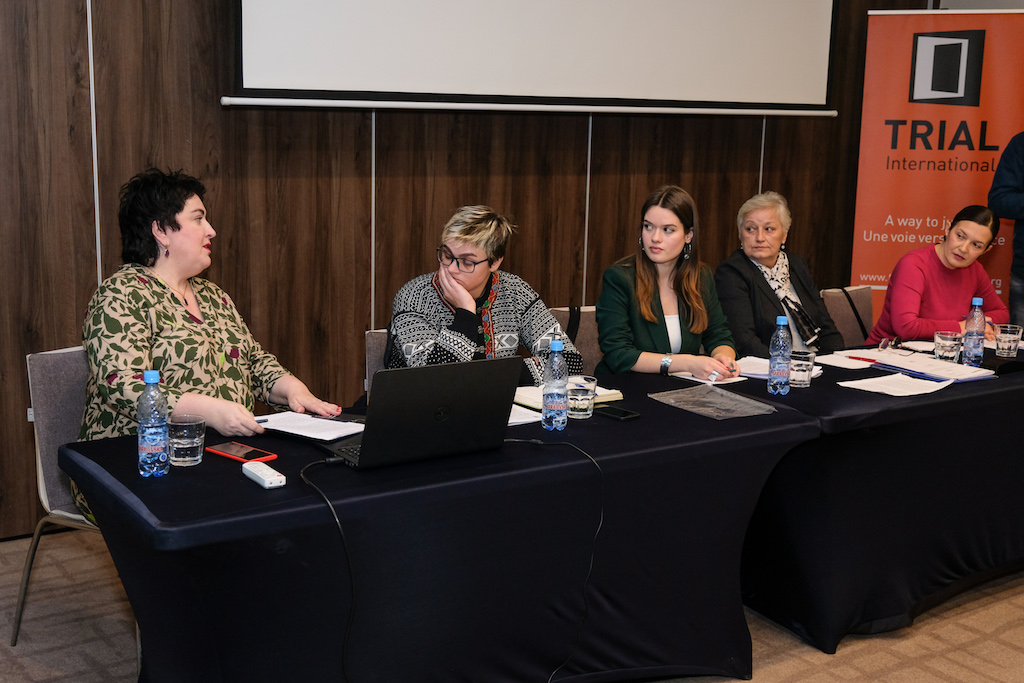Sexual violence against males: still taboo
Over the past several years, sexual violence against males has periodically reached the headlines (Guantánamo, Sri Lanka…). Despite this recent spate of exposure, many male victims remain shrouded in silence, reluctant to come forward due to stigma. Kyle Delbyck, legal consultant for TRIAL International’s BiH program, examines the situation.
The number of males raped during the conflict in BiH is still unclear. A recent Amnesty International report estimated that 3,000 men and boys had been subjected to sexual violence in detention camps.
As the report specifies, because “men are less likely to report such crimes or speak out about them in public, the number is likely higher”. Under-reporting in BiH largely stems from stigmatization.
The sexually “impenetrable”
BiH society is patriarchal, with men positioned as dominant, sexually impenetrable beings. As such, the rape of a male transgresses gender norms, carrying emasculating, stigmatizing connotations.
Certain domestic war crimes cases reflect societal biases regarding sexual violence against males.
Avoiding the word “rape”
Under international law, rape is defined as the invasion of a person’s body with a sexual organ or object. Forced anal sex, forced vaginal sex, and forced oral sex therefore constitute rape, no matter the gender of the parties involved.
In wartime detention camps, it was not uncommon for guards or other officials to compel male prisoners to engage in oral or anal sex. These crimes clearly fulfill the legal criteria for rape.
Prosecutors and courts, however, have intermittently shied away from qualifying the sexual violence in detention camps as such. Instead, in a number of camp cases, perpetrators have been convicted of torture or inhuman treatment.
Take Mladen Milanovic, for example. The Accused, a guard in Vogosca, ordered two prisoners to strip naked and have intercourse. Notwithstanding the clear sexual component of the crime, the Supreme Court of FBiH classified the offense as inhuman treatment. Cases such as Milanovic reflect judicial actors’ continuing discomfort with the concept of sexual violence against males, helping to perpetuate the culture of shame and silence.
Tackling the issue on all levels
The stigmatization of wartime sexual violence against men—whether in the courtroom, the home, or the halls of government— is rooted in broader prejudice. Consequently, education that combats archaic societal norms is imperative. Only with the baseline acknowledgment that men can be raped will stigma begin to decrease.
Verdicts that recognize sexual violence against males for what it is are therefore valuable. The BiH authorities should establish trainings for judges and prosecutors on the appropriate characterization of these crimes. While stigmatization must be tackled on all levels, judicial actors have an important role to play.











